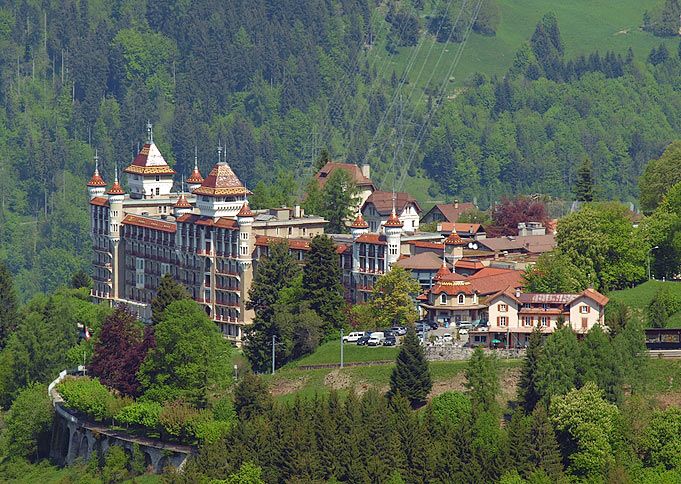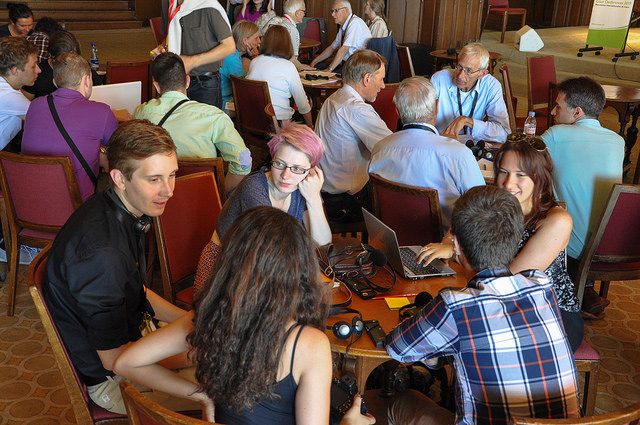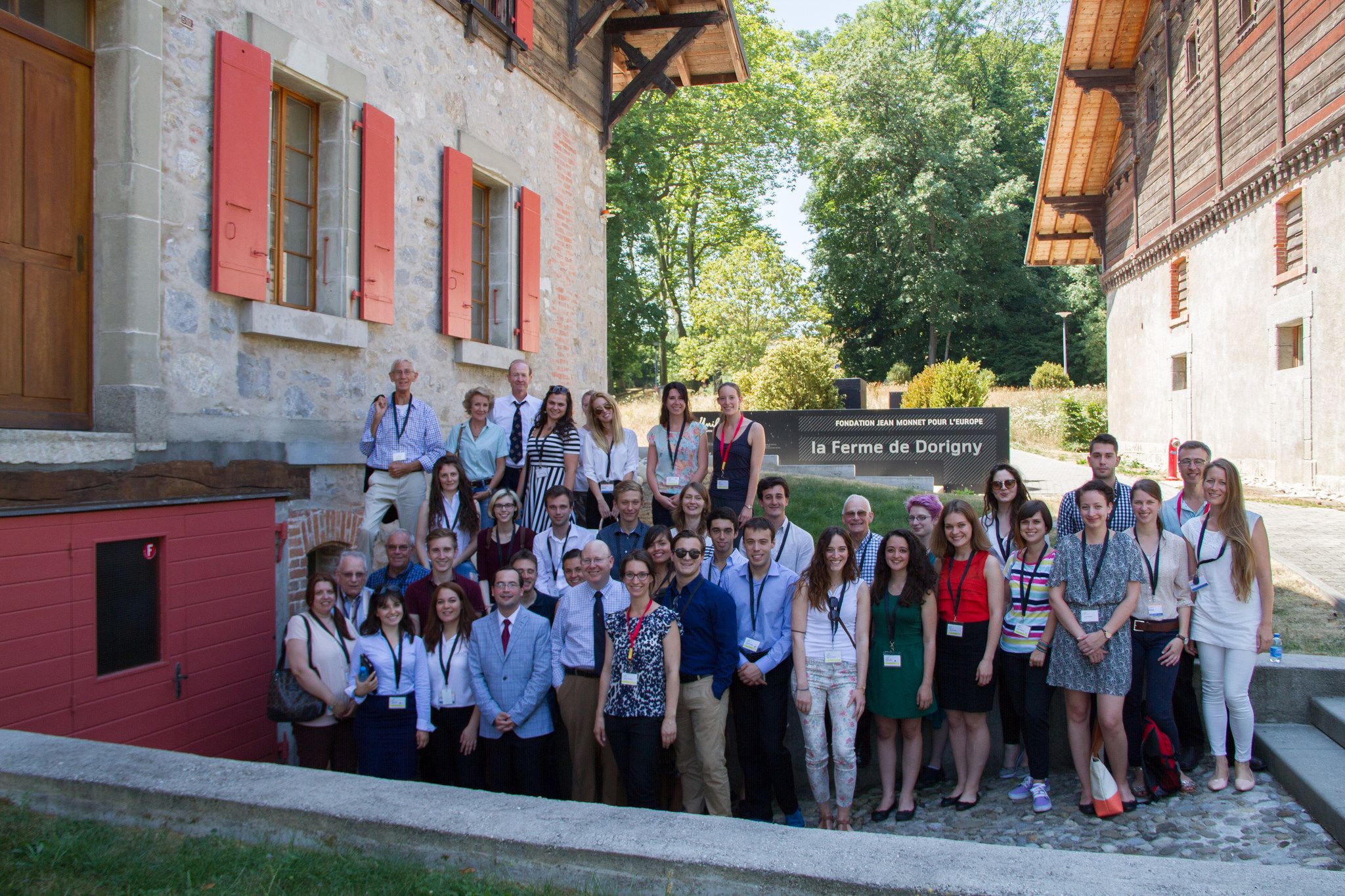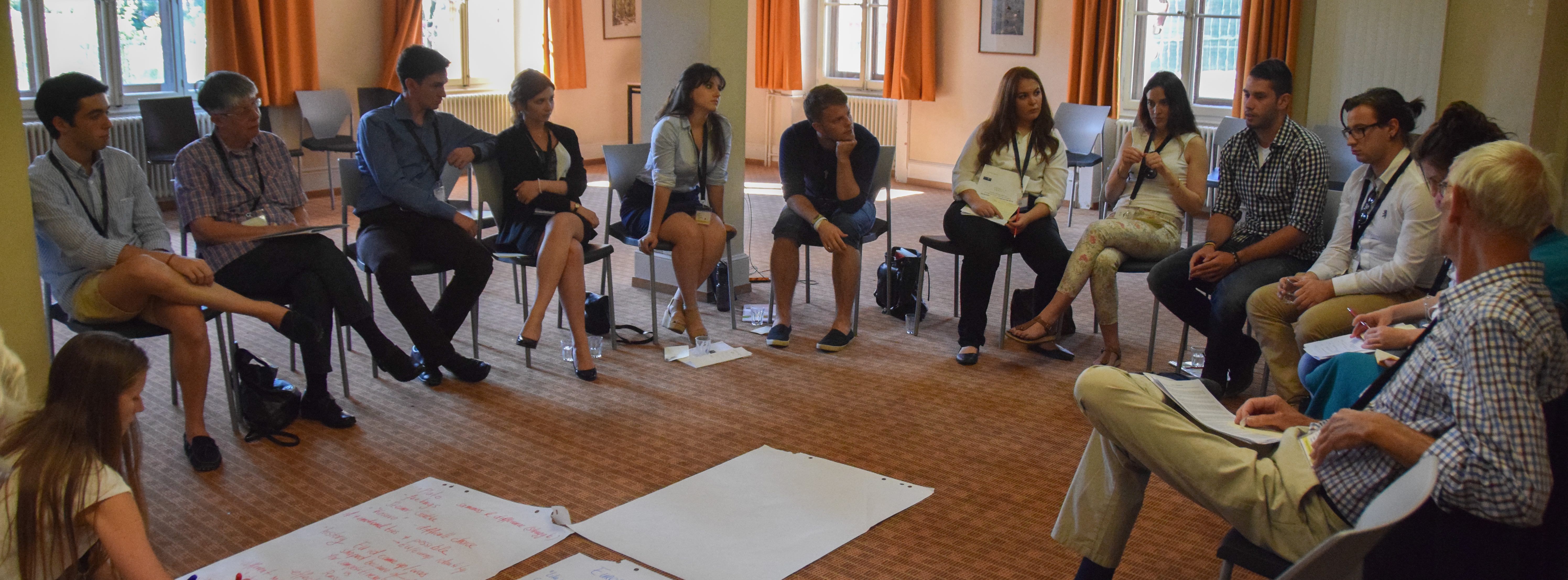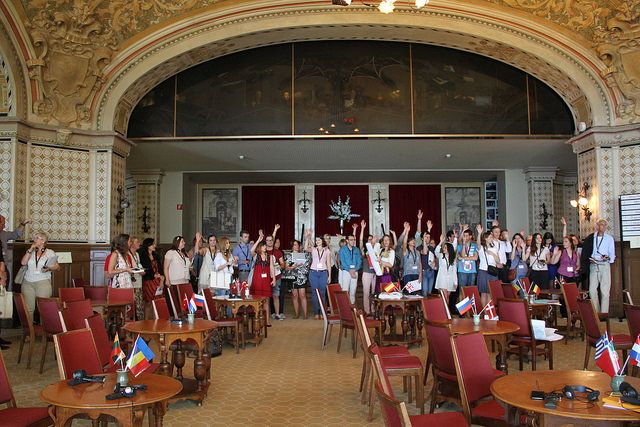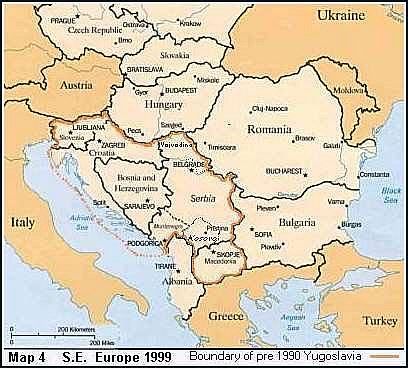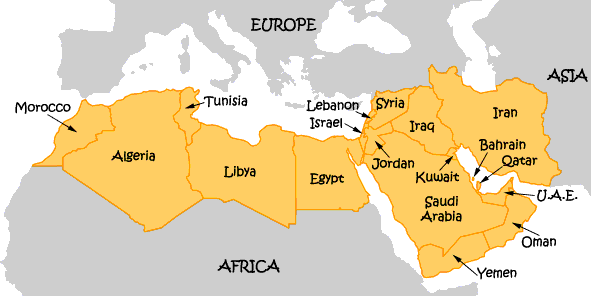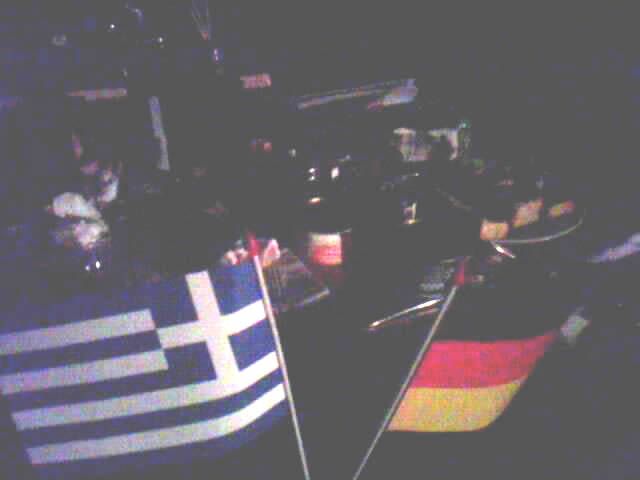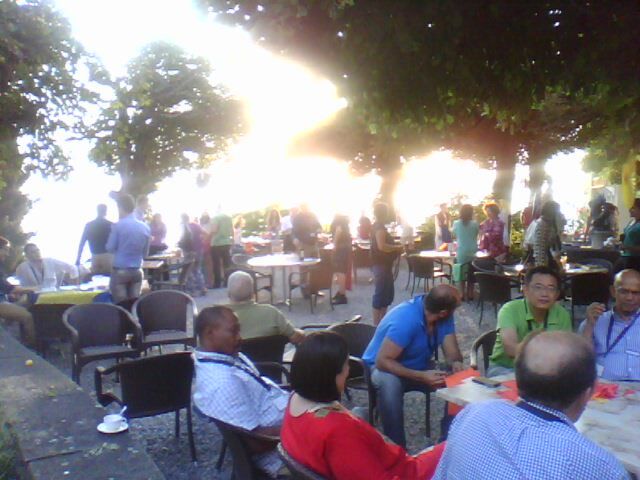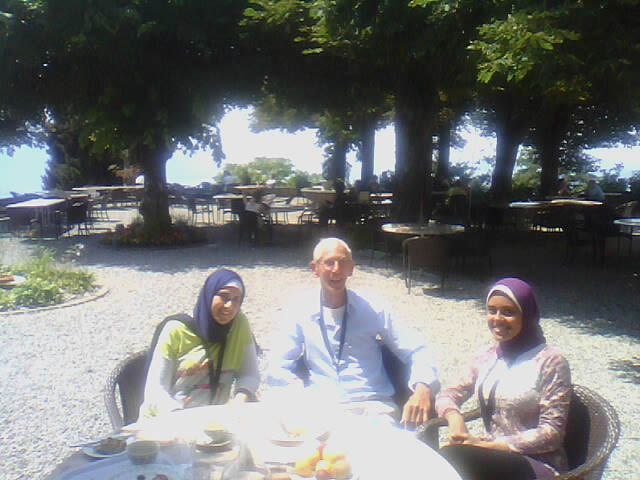More substantive, discussions were held about demographic composition and development within societies, identities and manifestations, acknowledgement of the past, and recurring wars within Europe. During these discussions, hopes, concerns and proposals came on the scene and was expressed that lessons learned from the past should be applied. Conflicts are often related to territory, ethnics, self governing and do arise hate and fear (one of FDR's 4 essential human freedoms, freedom of fear, a world-wide reduction of armaments to such a point and in such a thorough fashion that no nation will be in a position to commit an act of physical aggression against any neighbor — anywhere in the world). But how to bridge mutual fights of variety identities?
First, we must be aware of what Europe actually is. Are we eurozone, EU or Europe? There is no true vision for Europe. The European idea is not clear and there is hardly any public support, probably motivated by the idea of losing identity. But there is no need to leave a local identity if adhering a pan-European one.
In the current era, there is an important role for education. Not only peace-keeping, peace-building and war prevention, development of a mature foreign policy to be able to anticipate crisis and to handle East_West and North_South relations, but also development of European companionship and common understanding of issues and values and true narratives are of the utmost importance.
ADDRESSING EUROPE'S UNFINISHED BUSINESS - REPORT
ADDRESSING EUROPE'S UNFINISHED BUSINESS - PHOTOS: youth ambassadors | complete overview
ADDRESSING EUROPE'S UNFINISHED BUSINESS - TWITTER: #AEUB15 |
